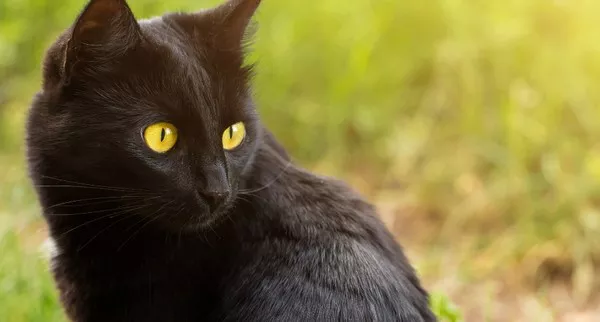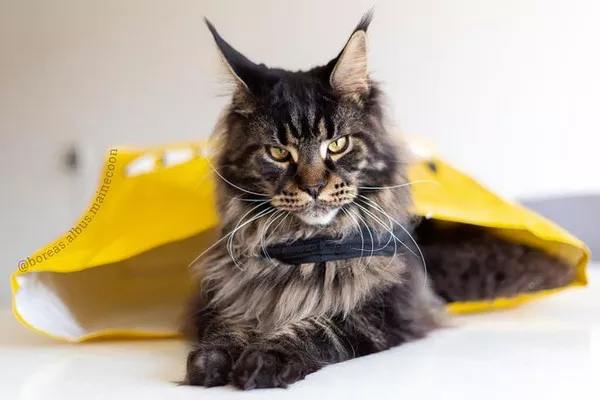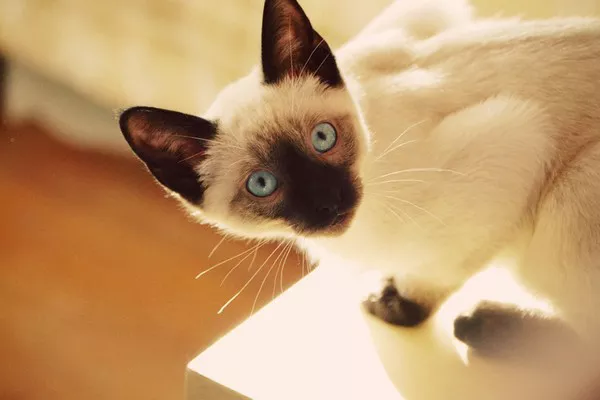Cats are known for their independent and often mysterious nature, but when your feline friend starts displaying a constant hunger and vocalizing those needs, it can leave you puzzled. In this article, we will explore the common reasons why your cat may always seem hungry and meowing, shedding light on both normal feline behavior and potential underlying issues that may require attention.
The Natural Instinct:
Cats are obligate carnivores, and their feeding behavior is deeply rooted in their evolutionary history. In the wild, cats are hunters, and they have adapted to consume multiple small meals throughout the day. This natural instinct can manifest in domestic cats, leading them to seek food more frequently than animals with different dietary habits.
Reasons Your Cat May Always Seem Hungry:
Metabolism and Energy Needs:
Cats have a higher metabolism compared to many other animals. Their bodies are designed for frequent, smaller meals to sustain their energy levels. If your cat is particularly active, young, or has a fast metabolism, they may naturally exhibit a seemingly insatiable appetite.
Dietary Preferences:
Cats can be quite particular about their food preferences. If your cat enjoys a specific type or brand of food, they may express a constant desire for that particular option. This behavior can be more prominent if they have experienced a recent change in diet or if they have developed a taste for certain flavors.
Lack of Satiety from Current Diet:
The quality and nutritional content of your cat’s food play a crucial role in their satiety. Low-quality or poorly balanced diets may not provide the necessary nutrients, leading your cat to feel unsatisfied and continually seek more food.
Underlying Health Conditions:
Certain health conditions can contribute to increased hunger in cats. Conditions such as diabetes, hyperthyroidism, and certain gastrointestinal issues can affect metabolism and appetite. If you notice a sudden change in your cat’s eating habits, it’s essential to consult with a veterinarian to rule out any underlying health issues.
Boredom and Lack of Stimulation:
Cats are intelligent and curious creatures. If they lack mental and physical stimulation, they may resort to seeking out food as a form of entertainment. Interactive toys, puzzle feeders, and regular playtime can help address boredom and reduce excessive hunger-related behavior.
The Vocal Pleas:
While the constant meowing can be endearing, it’s essential to understand the reasons behind this vocal communication. Cats use meowing as a way to express their needs and desires. Here are common reasons why your cat may be meowing for food:
Attention-Seeking:
Cats are social animals, and they often seek attention from their human companions. If your cat associates meowing with receiving attention or treats, they may use this vocalization to engage with you.
Routine and Expectation:
Cats are creatures of habit, and they thrive on routine. If your cat is accustomed to receiving meals at specific times, they may meow as a way of reminding you to stick to their feeding schedule. Meowing can become a learned behavior associated with mealtime expectations.
Expressing Displeasure:
Cats are not shy about expressing their displeasure. If they are dissatisfied with their current food or if their feeding area is not to their liking, they may vocalize their discontent through meowing. Pay attention to any changes in their environment or routine that may be contributing to their vocal pleas.
Anxiety or Stress:
Cats may meow more when they are feeling anxious or stressed. Changes in the household, the introduction of new pets, or alterations in their living environment can trigger anxiety. Meowing may be a way for them to communicate their emotional state.
Senior Cats and Cognitive Dysfunction:
As cats age, they may experience cognitive dysfunction, which can manifest as increased vocalization. Senior cats may meow more due to confusion, disorientation, or a general sense of discomfort.
Addressing Constant Hunger and Meowing:
Provide a Balanced Diet:
Ensure that your cat’s diet is well-balanced, providing all the necessary nutrients. High-quality cat food, appropriate for their life stage, can contribute to satiety and overall health. Consult with your veterinarian to determine the best diet for your cat’s individual needs.
Regular Veterinary Check-ups:
Schedule regular check-ups with your veterinarian to monitor your cat’s health. If there are concerns about underlying medical conditions contributing to increased hunger, early detection and intervention are crucial.
Interactive Play and Enrichment:
Combat boredom by engaging your cat in interactive play and providing environmental enrichment. Toys, scratching posts, and climbing structures can keep them mentally and physically stimulated, reducing the likelihood of excessive meowing.
Establish a Routine:
Cats thrive on routine, so try to establish a consistent feeding schedule. This helps create predictability for your cat and may reduce meowing associated with mealtime expectations.
Avoid Reinforcing Meowing:
While it can be tempting to respond to meowing with treats or food, be cautious about reinforcing this behavior. Instead, reward quiet and calm behavior, and only provide treats or attention when your cat is not meowing excessively.
Consideration of Age and Life Stage:
Recognize that the nutritional needs and behaviors of cats can change with age. Senior cats may require adjustments to their diet and lifestyle to accommodate age-related changes.
Conclusion:
Understanding your cat’s constant hunger and meowing involves a combination of recognizing their natural instincts, addressing their nutritional needs, and considering potential underlying issues. By providing a balanced diet, engaging in regular veterinary care, and attending to their mental and physical well-being, you can ensure that your feline companion leads a healthy, happy, and content life. Paying attention to their vocal cues and responding appropriately will strengthen the bond between you and your cat, fostering a harmonious and communicative relationship.


























